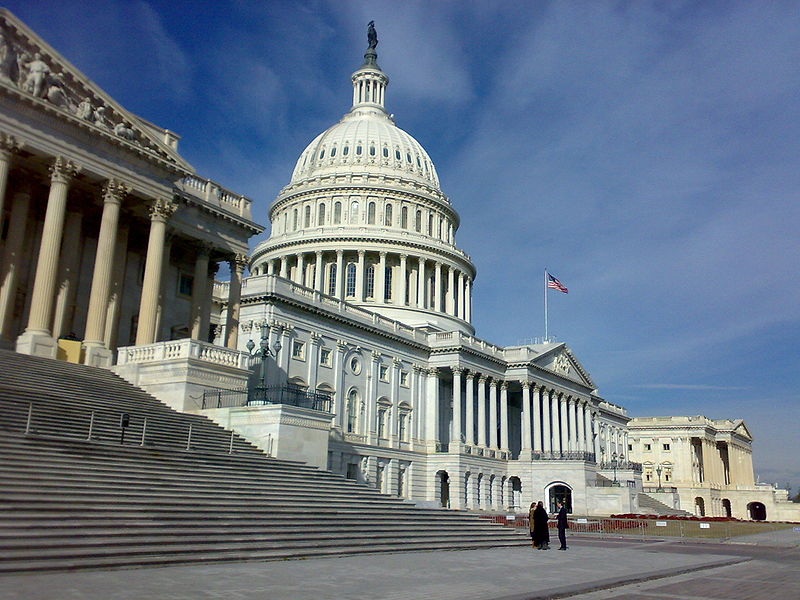Numbers for Cellphone Wiretaps by Government Don't Add Up

[Yesterday], I wrote about an important New York Times report revealing, for the first time ever, the astonishing scale of government surveillance of cell phone users. In response to queries from Rep. Ed Markey (D-Mass.), most of the nation’s major cell providers revealed the number of government requests they process each year. The total—covering everything from traditional wiretaps to location tracking orders, “pen registers,” and subpoenas for basic subscriber records—came to an astonishing 1.3 million requests. (Incomplete records mean that number is almost certainly low, and one major carrier, T-Mobile, refused to provide Congress with specific numbers.)
I’m currently poring over the individual carrier reports for more details, but one figure in the response from Sprint— which volunteered a more specific breakdown of the specific types of requests they received—jumped out at me immediately (emphasis added):
Over the past five years, Sprint has received approximately 52,029 court orders for wiretaps; 77,519 court orders for the installation of a pen register/trap and trace device; and 196,434 court orders for location information. [...] Over the same time frame Sprint received subpoenas from law enforcement agencies requesting basic subscriber information. Each subpoena typically requested subscriber information on multiple subscribers and last year alone we estimate that Sprint received approximately 500,000 subpoenas from law enforcement.
Certainly a report of 52,029 wiretaps over five years—and that just from the third largest carrier in the country—is remarkable in and of itself. But it’s also more than double the number of all wiretaps counted in annual reports required by federal law. The Administrative Office of the U.S. Courts keeps track of the number of wiretaps authorized each year for criminal investigations. The Justice Department files an annual report to Congress on individual warrants issued by the Foreign Intelligence Surveillance Court for intelligence investigations. (If you don’t feel like wading through, The Electronic Privacy Information Center has charts and graphs that should make it clear.) The total number of all wiretaps counted in the official reports over the five year period 2007–2011 comes to 24,270. I’ve made a table breaking it down year by year:
YEAR
TITLE III (Criminal) Wiretap Orders
FISA (Intelligence) Wiretap Orders
2011
2,732
1,745
2010
3,795
1,579
2009
3,043
1,320
2008
2,631
2,083
2007
2,927
2,370
TOTAL
15,173
9,097
The obvious question: How is one cell phone carrier—and not the largest by a longshot—reporting 27,759 more wiretap orders than the official numbers acknowledge for all carriers? Possibly Sprint is using the term “wiretap” a little loosely to include warrants and other legal orders requiring disclosure of the contents of stored communications—including texts, voice mail, and e-mail. Those wouldn’t necessarily be covered in the tally of Title III “wiretap” orders under the stricter legal definition. But it’s hard to believe that alone could account for such a massive gap—especially when it’s clear Sprint is counting the dizzying number of pen/trap and location tracking demands separately.
So what’s going on here? What explains the discrepancy? The official reports generated pursuant to federal law are the only information the public gets about the scale of government wiretapping. I’ve already explained why those figures aren’t terribly useful in 2012, given how many other kinds of intrusive electronic surveillance tools are now available. Now it’s not clear we can trust the official numbers even when it comes to wiretaps. The disconnect between the official figures and what’s suggested by Sprint’s response is profound—Congress has a responsibility to keep probing until we understand why.
--
This article, originally published at Cato at Liberty by Julian Sanchez, is reprinted with permission from the Cato Institute.






